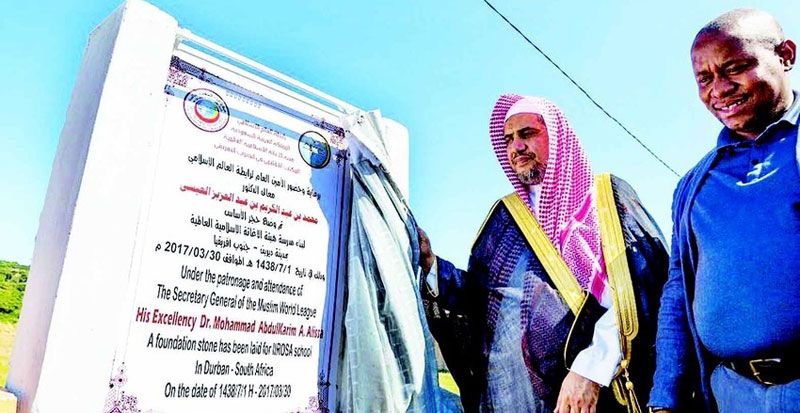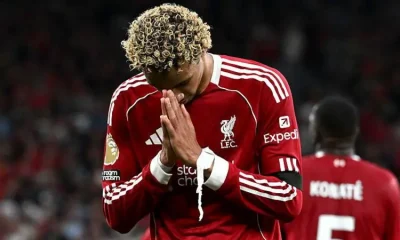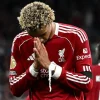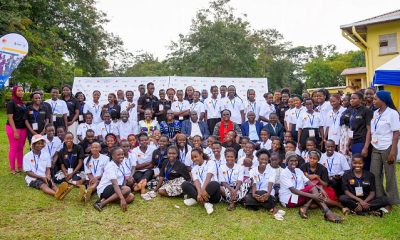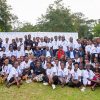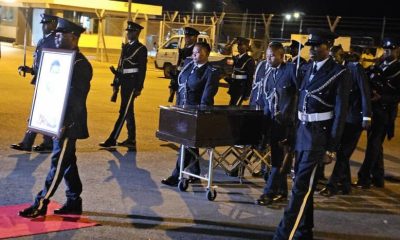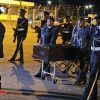News
Influential cleric on solutions to extremism
One of the world’s most influential voices on religious tolerance and co-existence Sheikh Dr. Mohammad Bin Abdulkarim Alissa has exhorted scholars and thinkers to confront hate mongers by motivating youths to think reasonably and freely away from encoding and indoctrination.
Dr. Alissa, also the Secretary General of the Muslim World League, pointed out that conscious people, religions’ representatives, scholars, intelligentsia, institutions of learning and impact platforms must battle the hate phenomenon which has caused many tragedies and ignited many wars.
His request came in a speech delivered in an international conference on “Social Coexistence and Religions’ Diversity” organized by the Muslim World League in the city of Durban, South Africa.
The convention was attended by government, civil, religious, intellectual and cultural figures.
It was also graced by the presence of Edward Zuma, the son of the President of South African President Jacob Zuma. The dialogue was also attended by other prominent leaders from other faiths including: Bishop Sipo Mtatuwa, Head of Religious Leaders-Office of the Premier (Kwazulu Natal Province); Fawzia Peer, Deputy Mayor (Kwazulu Natal Province); Rabbi Hilal, Durban Jewish Synagogue; Bishop Mpanza, African Axion Church President.
Dr. Alissa stated further that going contrary to the inevitable norm of coexistence has generated the “clash and conflict of civilizations” that has left calamities and wars in its trail. He noted that one of the most central causes leading to this collision course is the incompetent role of education in taking positive steps in motivating youths to think reasonably and freely away from encoding and indoctrination.
“We have to teach them (youth) how to think and how to be discerning away from negative programming. The latter will become an easy tool used to intensify the impact, arousing emotions or inspiring others through the so-called collective mind. Hence, hatred comes to life, and the negative concept of religious, intellectual and civilization clashes rears its ugly head giving rise to clash, radicalism and extremism; no one will come out of this unscathed and everyone will be a loser.”
Dr. Alissa also mentioned an additional cause of confrontation – a strong opposition to changes.
He said: “When a person follows a particular behavior pattern, or holds a particular opinion, this individual needs teaching and a sensible and conscious environment to not reject any positive idea or opinion simply because it differs from his own culture. Openness to others and to acquaint oneself with their ideas and opinions will reflect the level of awareness and the integrity of the educational environment.”
“We must exchange opinions and ideas, however, we must question our ideas and opinions before accusing others. No one of us is infallible; hence, truth shines through to any impartial person with its compelling physical evidence,” added Dr. Alissa.
He said: “Yes, all of us must impartially read the others’ thoughts, we mustn’t let hate, prejudice or material ambitions come between us and truth. We must teach this motto to people, especially youth.
You may be surprised if I tell you that some politicians are in need of these lessons than others… we must also teach others that convictions should never be forced upon anyone, except through dialogue to sway someone to accept or understand them, or to agree to share their common and humanitarian principles.”
Comments



